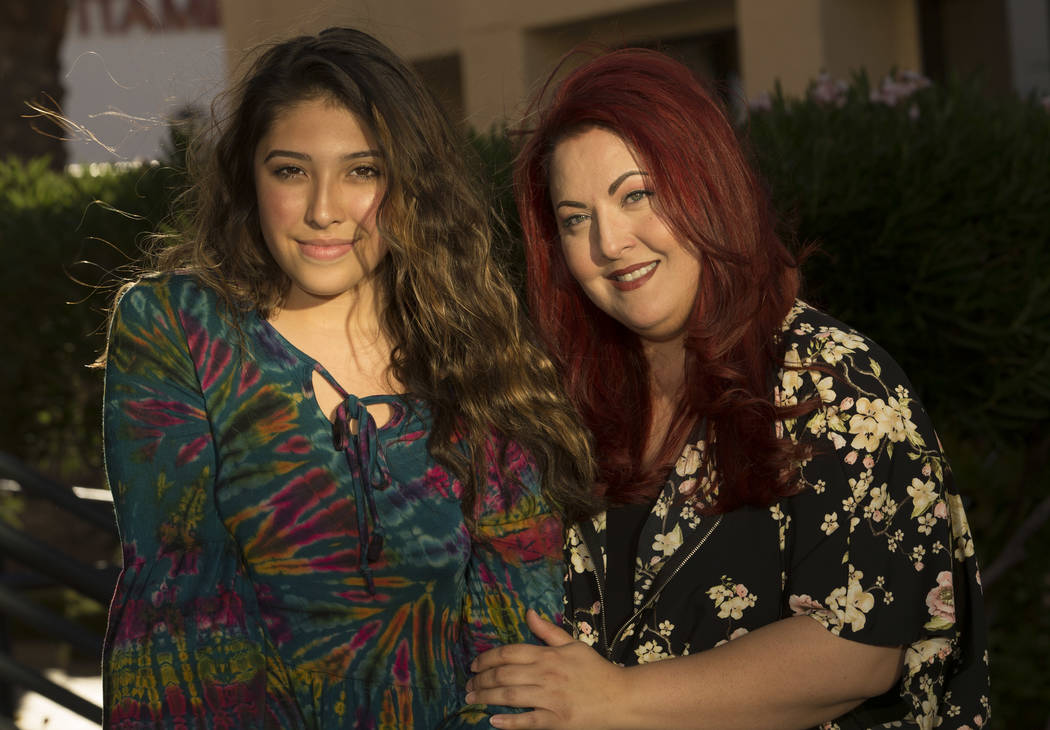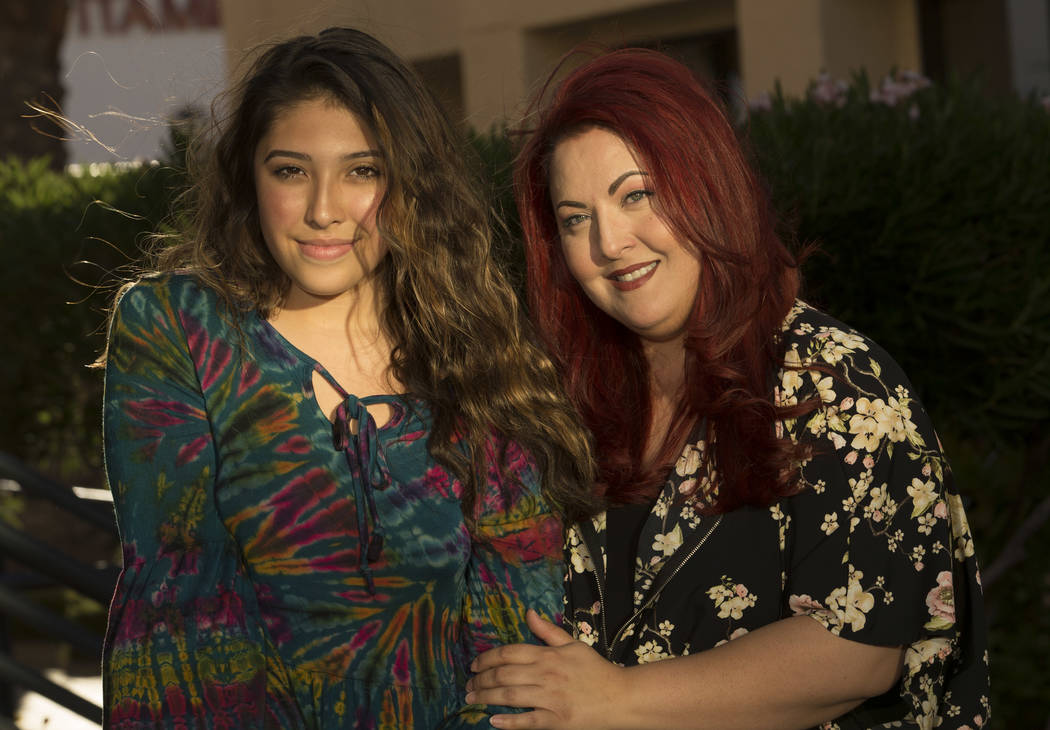Clark County School District drafts ‘gender diverse’ policy
When Daniel Kruger transitioned from female to male in high school, he remembers being bullied.
He went to his school counselor for help.
“My counselor just kind of went, ‘It’s kind of your fault for coming out,’ ” Kruger recalled. “That’s probably the only time I outed myself to anyone that actually worked in the office at the school.”
Kruger, who will be a junior in the fall, said his years as a high school student in the Clark County School District were tumultuous. He changed his name during sophomore year, and has switched schools every year in high school after running into problems with students or staff.
Though the district has a regulation on bullying to ensure that all students have a “safe and respectful learning environment,” there have been no clear procedures for helping students like Kruger.
Gender-diverse policies required
Now, after passage of a new law during the recent legislative session, schools are required to develop policies to address the needs of gender-diverse students, including proper training for staff. Clark County’s School Board voted this month to create a working group to obtain input on such a policy, which may come to the board for final approval in the fall.
“A lot of students won’t have to go through the same thing that I went through,” Kruger said. “They won’t need to transfer schools a lot, they won’t need to fight for what they want to happen.”
“Gender-diverse” refers to those who do not fall into the traditional concept of female or male genders. Kruger, for example, identifies as trans-masculine, non-binary — meaning he does not identify fully with the male gender, but identifies as far from the female gender as he possibly can, he said.
Trustee Carolyn Edwards, who proposed creating a working group to gather public input on a policy, said training employees on how to respond to gender-diverse students’ needs is important.
“Really they need to be handled very, very delicately,” she said. “If a student comes in and says I’m (transitioning) from male to female, how do we go about identifying the name they want to use, the pronoun they want to use?”
Edwards hopes the district’s policy will go beyond what’s required in the law, creating consistency in how any problem — including which bathrooms transgender students can use — will be addressed.
Development of a policy is welcome news for Gender Justice for Nevada, which advocates for students to ensure their needs are met in school. The lack of clear procedures in the past has meant the group has to advocate for students case by case.
“If a student doesn’t have me or a parent that’s going to go in there and fight on their behalf, or maybe has a principal that has their own bias or something, that student is going to have a very different result,” said Laura Hernandez, family and youth services coordinator of the group. “If there is a policy, then we have a consistency along the district.”
The district’s Equity and Diversity Education Department already works with gender-diverse students, and has assisted 120 students since August.
“We do have a process where we work with Gender Justice and other national and local organizations to make sure we are current on best practices, so that if a school does request assistance, we’re following the national trend,” department director Greta Peay said.
‘Completely embarrassed’
Yet students like Kristina Hernandez, who transitioned from male to female in middle school, still want to ensure that future students don’t face the same challenges she did.
Hernandez recalls using the nurse’s bathroom far from any classroom, and feeling like an outcast when changing in a separate room for physical education class.
“I was completely embarrassed that I was not allowed to change at any of the facilities, and didn’t want anyone in my P.E. class to know,” she said. She will leave the district and start 10th grade as a home-school student this fall.
Like Kruger, Hernandez said she also faced pushback from school administrators when she wanted to be referred to by another name and pronoun.
A district spokeswoman said the district canon not comment or verify any individual student cases. Peay said the best practice is to honor the student’s requested pronoun and name, whether it is legally changed or not.
But in developing a policy, some parents want to make sure that the rights of all students are protected.
“If someone is uncomfortable undressing in front of someone of the opposite gender even though they identify as the same gender, then they should be allowed to have a different accommodation,” said Deborah Earl, vice president of the Power 2 Parent group.
Although the group is not opposed to the district developing a policy, she said, it’s important that other children’s rights are protected.
“We just want a choice for all students,” she said. “And not to be bullied into silence because somehow they don’t have a right.”
Contact Amelia Pak-Harvey at apak-harvey@reviewjournal.com or 702-383-4630. Follow @AmeliaPakHarvey on Twitter.
Have questions about the CCSD reorganization?
If you have questions or concerns about the reorganization of the Clark County School District, which will debut on Aug. 14, we'd like to hear from you.
Fill out our brief questionnaire at reviewjournal.com/CCSDsurvey so we can be sure our coverage addresses what's on your mind.




























